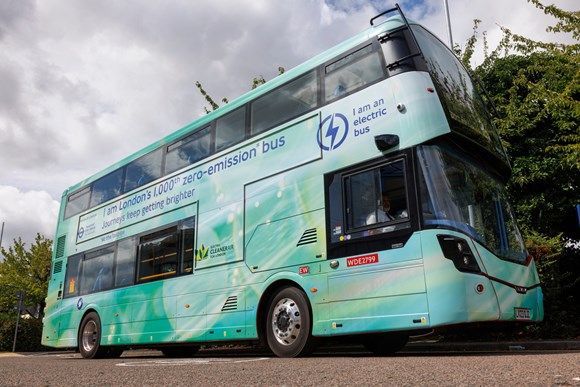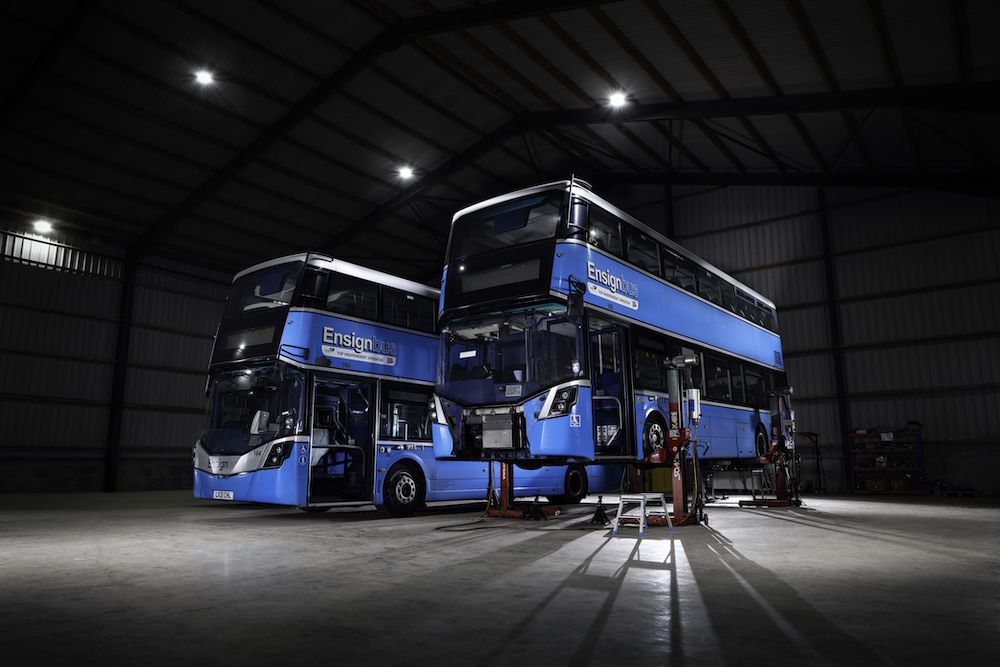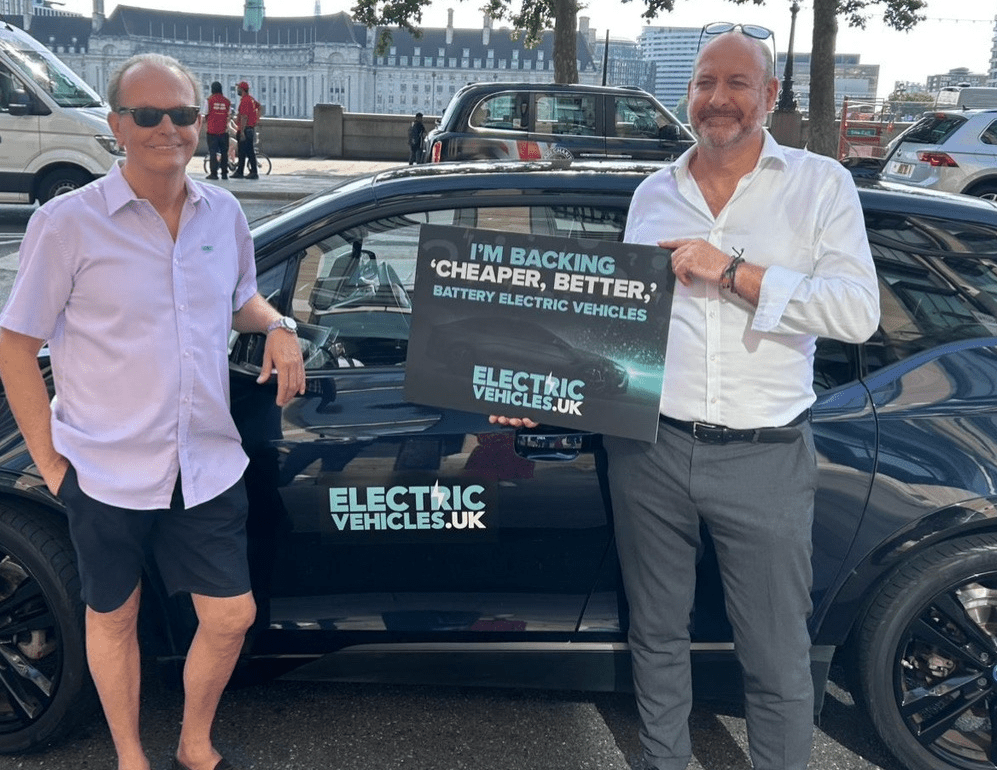There are now more than 1,000 zero emission buses in London – with Transport for London (TfL) on track to have a fully zero-emission fleet by 2034.
This means that more than one in nine of the iconic red buses in London have now gone green. All of TfL’s other buses are low emission and meet or exceed Euro VI emission standards, the same emissions standard as the Ultra Low Emission Zone.
TfL is currently on track to transition to a fully zero emission bus fleet by 2034 but, with continued Government investment, this target could be achieved by 2030. Since 2016, the number of fully zero emission bus routes has increased from 5 to 54, with a further 15 routes using a mixture of zero emission and low emission buses. The number of zero emissions buses on London’s roads has seen an increase of over 3,000 per cent since 2016, moving from 30 to 1,000 buses.
Through the decarbonisation of London’s bus network, TfL will save an estimated 4.8m tonnes of carbon by 2034 or an estimated 5.5m tonnes of carbon by 2030 with Government funding.
The Mayor of London, Sadiq Khan, said: “London has a world-class public transport network and our zero emission bus fleet is setting the standard for others to follow. I’m committed to cleaning up London’s air achieving net-zero carbon by 2030, and that includes delivering a zero-emission busfleet. The decarbonisation of our bus fleet, the increases and improvements in bus services in outer London, and the new proposed Superloop will help build a better, greener London for all.”
Louise Cheeseman, Director of Buses at TfL, said: “I am very proud that more than 1,000 zero emission buses are now operating on our iconic bus network. It is a significant moment in our journey to achieving net-zero by decarbonising our bus fleet and improving air quality across the capital. Buses remain the quickest, easiest, and cheapest way to shift trips made by cars to public transport. Buses carry up to 80 times the number of people as a car, make efficient use of road space, and cut emissions by both taking polluting private vehicles off the roads and offering up a green alternative.
“Our network’s zero-emission buses don’t just benefit London but the whole of the UK, creating high quality manufacturing jobs and lower costs for other regions buying new vehicles. We look forward to seeing more of our routes go green in the near future, creating a virtuous circle for those living in London and local economies across the country.”
Oliver Lord, Head of UK for Clean Cities Campaign, said: “Zero emission buses are a triple win for our lungs, our climate and the UK economy. I’m delighted London has hit this milestone but we’ve still a long way to go to rid our lungs of diesel fumes.
“There is now a clear opportunity for this government to turbo-charge the ambition of our city leaders. UK-wide investment in zero emission buses would clean up our air, increase jobs and catapult the country as a global leader in our next industrial revolution – transport decarbonisation.”
Sean O’Shea, CEO, Metroline, said: “The 1000th electric bus is a significant milestone in the decarbonisation of London and the bus network. Metroline is proud to operate more than 100 electric vehicles across a number of routes with more to follow, transporting tens of thousands of Londoners each day on zero emission vehicles. It has been a great team effort to get to this point, with three garages already electrified and a fourth to come, and it demonstrates our continued investment and commitment to leading the way for our customers and helping provide cleaner air for Londoners with our ever-growing fleet of all-electric, zero emissions buses.”
Josh Cottell, Research Manager, Centre for London, said: “London is on the road to more sustainable travel. We want London to have a world class transport system and be carbon neutral – cleaner, greener buses will help us get there. Buses are the most commonly used form of public transport in London, and are especially important for Londoners on lower incomes.
“To keep moving forward quickly, our research has consistently found that central government should continue to work together with City Hall and the boroughs to give people more practical and joined-up options for getting around.”
Image courtesy of TfL.














